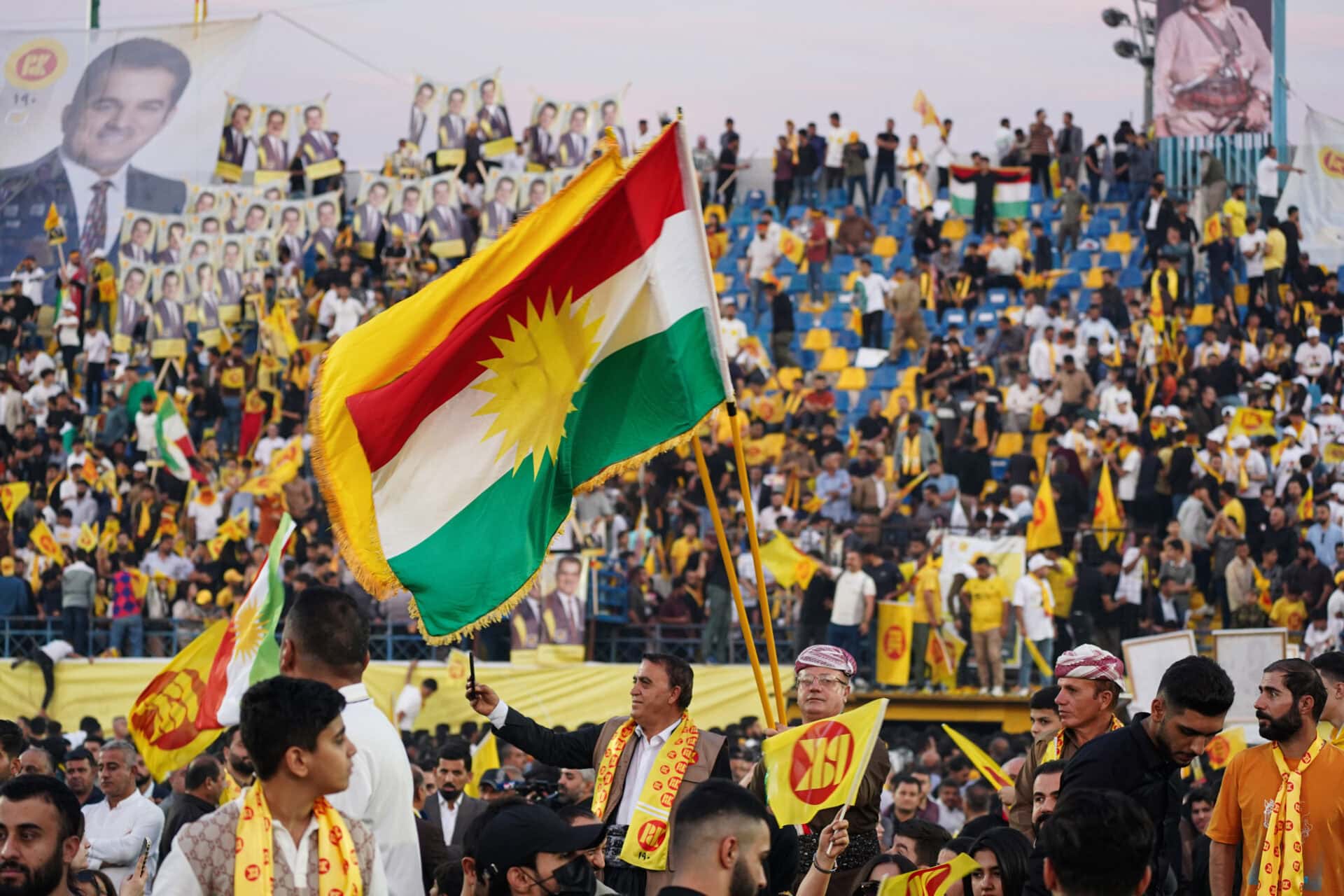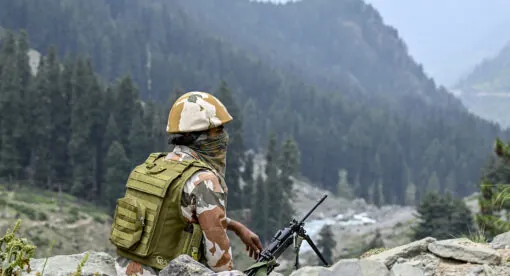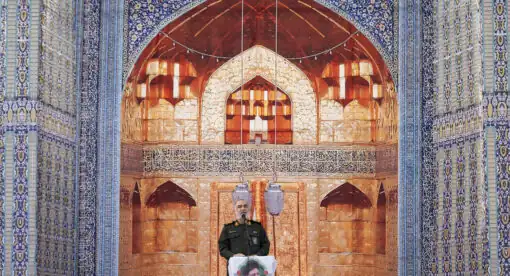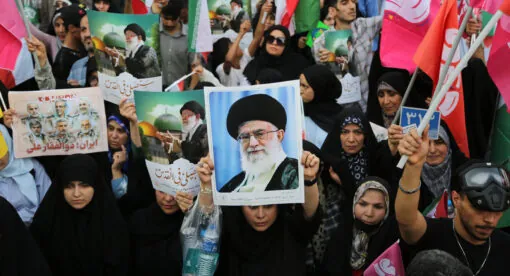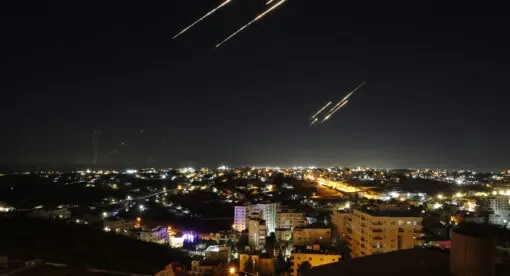Read the full Intelligence Briefing Here
Executive Summary
The inconclusive results of the October 2024 parliamentary elections in the Kurdistan Region of Iraq are likely to precipitate a new era of political division. Because neither of the region’s two largest political parties – the Kurdistan Democratic Party (KDP) and the Patriotic Union of Kurdistan (PUK) – won a parliamentary majority, the already tense relationship between them could be inflamed. If both parties fail to move beyond petty personalized politics, this potentially will fragment the region’s political power and will severely erode its autonomy. The KDP-PUK factionalism has already transformed the Kurdistan Region from a respected autonomous area that once shaped national politics and had been afforded equivalent status of a sovereign state on the global stage into a divided region that struggles to manage its own affairs.
Iraqi Kurdistan has been gripped by an economic crisis, which has deepened political strife and accelerated institutional decay, resulting in voting that was marred by pervasive distrust and politics. While the genesis of the KDP-PUK acrimony is historical, tensions hit a new high after a PUK lawsuit in the Iraqi Supreme Court ended with changes to election laws that made it more difficult for the KDP to retain its electoral advantage.
Although these revised laws made elections more competitive, they also increased divisiveness between the two parties. Initially, senior officials of the KDP and PUK each rejected the possibility of traditional power-sharing models of the past Cabinets. However, the inability to reach a compromise over shared governance between the two parties poses serious risks to the stability of the Kurdistan Region given its political trajectory since 1992. The KDP, which won a plurality of seats but is far short of a majority, resolutely refused to partner with the PUK to form a government, fearing it would again act as a disruptive opposition. Meanwhile, the PUK has attempted to form a majority coalition with small parties, excluding the KDP. However, geopolitical shifts, including the election of U.S. President Donald Trump, the fall of Bashar Assad, and the declining influence of Iran in the Middle East have altered the postelection environment in the Kurdistan Region.
The PUK’s attempt to adopt a winner–take–all mentalityi faltered after regional shifts weakened its traditional alliances both within Iraq and regionally. The PUK’s allies seek to retain their power within Iraq through disengagement than to risk losing status through engagement. This has prompted the PUK to seek a power-sharing agreement with the KDP, abandoning its maximalist demands of equal partnership as it aims to realign with regional geopolitics and remain politically relevant.
At the same time, the KDP views this as an opportunity to strike a deal with the PUK that capitalize on the previous gains and secure the party’s support for some of the programs that were crucial to the image of Prime Minister Masrour Barzani, who is expected to lead the next Cabinet. Among them is the “My Account Initiative” a key project of Barzani’s ninth Cabinet, aiming to digitize the payroll and payment system for KRG employees. The PUK, meanwhile, has obstructed the project in the areas it controls, including Sulaymaniyah and Halabja provinces. During the election campaigns, PUK leaders vowed to oppose the initiative and campaigned hard that promise.ii Despite this, on Feb. 23, PUK leader Bafel Talabani praised the My Account Initiative, acknowledging its success and progress.iii
As a result, Kurdish political parties are demanding proportional representation in government more or less based on electoral results. These shifts suggest that government formation may proceed more swiftly than expected, potentially ushering in a more cooperative and pragmatic approach in Kurdish politics, though significant challenges remain in achieving lasting political stability.
The views expressed in this article are those of the author and not an official policy or position of New Lines Institute.

